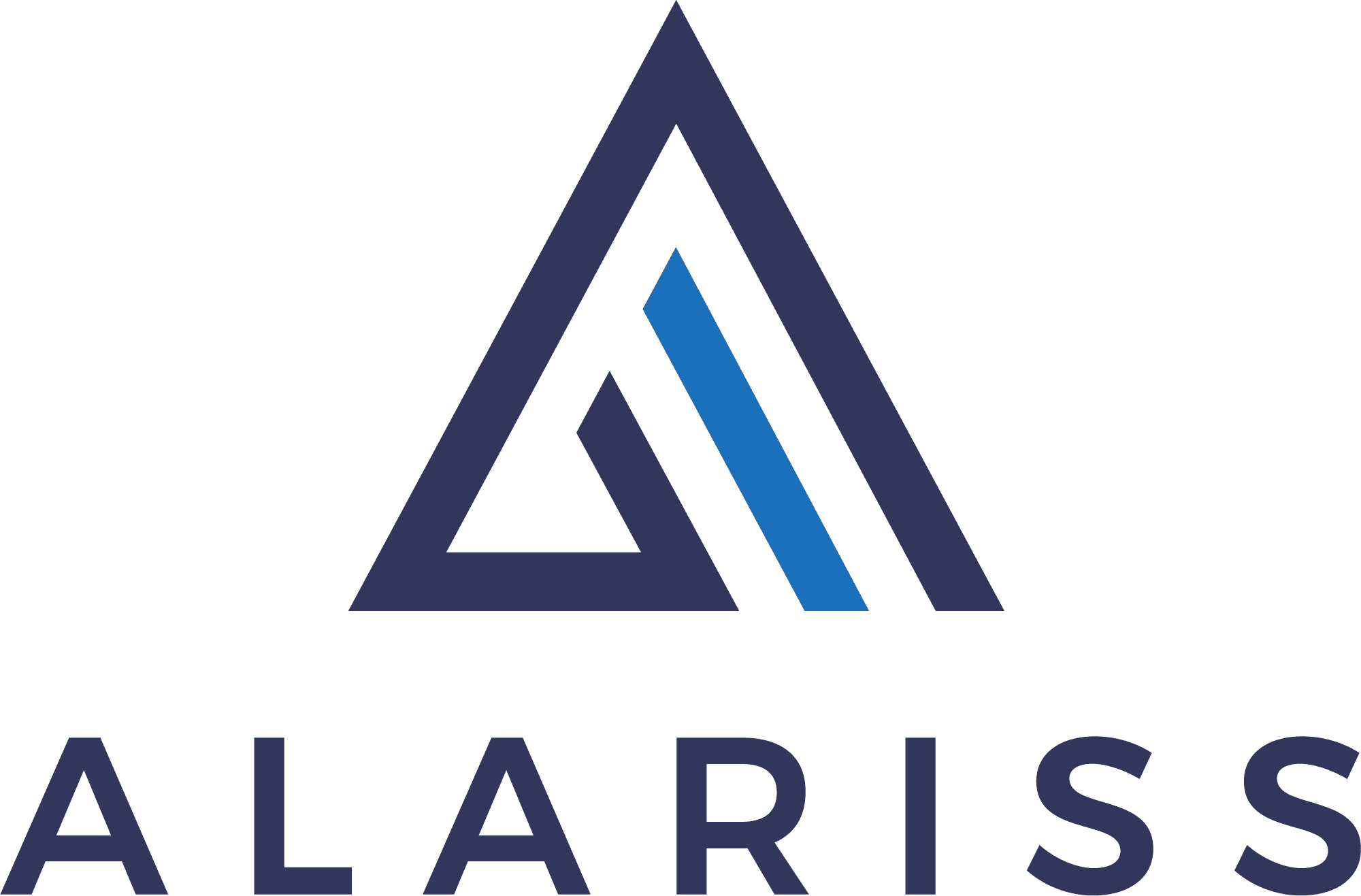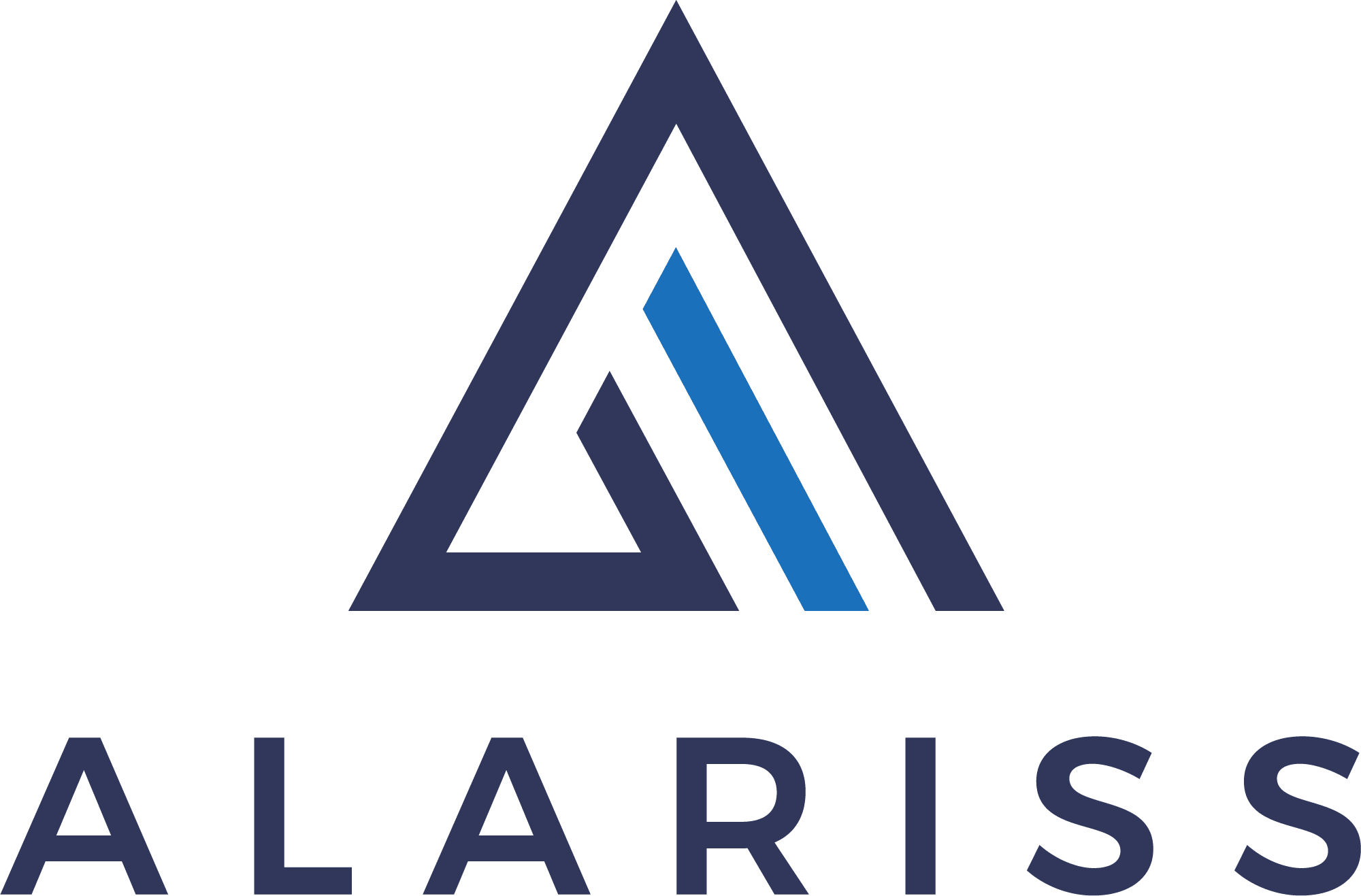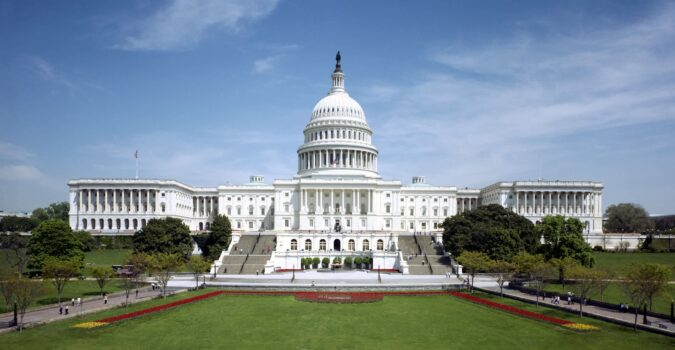Blog
USMCA Creates Groundwork for Tech Innovation in Canada and Mexico

November 23, 2021
There is a little-known provision in the USMCA (United States-Mexico-Canada Agreement) trade agreement, the 2020 replacement of NAFTA (the North American Free Trade Agreement), that creates the groundwork for more tech innovation in Canada and Mexico.
Section 230 is a provision of a US law that protects online speech so that providers of internet services can’t get sued for what someone else writes on their platforms; only the users can get sued. For instance, if there is a libelous Yelp review or YouTube video, only the person posting it can get sued, not Yelp or YouTube. Section 230 has arguably allowed internet services like Yelp, YouTube, Quora, Facebook, and Twitter to exist in the first place and host content written by users.
The USMCA extends the same kinds of protections in Section 230 to Canada and Mexico.
The USMCA states: “No Party shall adopt or maintain measures that treat a supplier or user of an interactive computer service as an information content provider in determining liability for harms related to information stored, processed, transmitted, distributed, or made available by the service, except to the extent the supplier or user has, in whole or in part, created, or developed the information.”
In other words, if someone writes something harmful or libelous on an internet platform developed in Canada or Mexico, the internet platform cannot be held liable for it. This drastically reduces internet platforms’ chances of getting sued, since there is so much content posted on internet platforms that it would be almost impossible for a platform to monitor everything posted for libel or other harms.
“[Section] 230 is the law that made the internet possible,” Berin Szoka, president and founder of TechFreedom, told NPR’s Marketplace. “Sites like Facebook and Twitter and YouTube, these things all exist because Section 230 has prevented these companies from being sued for everything that their users post and create.”
This is a unique opportunity for entrepreneurs in Canada and Mexico to create new internet platforms hosting other people’s content, whether it’s videos, status updates, reviews, or informative writing. As of 2020, when the USMCA was signed, Canadian and Mexican internet companies don’t have to worry about being held liable for other people’s content hosted on their platform.
Section 230 recently has been a source of controversy in the US. Some politicians in both the Republican and Democratic Parties have pushed to modify or repeal it. There are concerns that Section 230 takes away internet platforms’ responsibility for what’s on their platforms and that these platforms should protect users more. There are also concerns that internet platforms moderate their platforms in a politically biased way. Concerns these politicians’ bills try to address include health misinformation, potential censorship and political bias of the platforms, violent or hateful content, firearms sales, stalking and harassment, civil rights violations, terrorism, fraud, exploitation, threats, consumer harms, drug offenses, and child exploitation. Some politicians are concerned that online platforms don’t moderate their platforms enough, and others are concerned that online platforms use too heavy a hand to moderate their platforms, resulting in censorship.
The Section 230-like provision in the USMCA makes it easier to start an internet platform in Canada or Mexico and then expand into the US. If you start an internet platform in Canada or Mexico and then operate in the US, you won’t have to worry about legal liability for what’s on your platform in the US, Canada, or Mexico.
The USMCA has other provisions that create opportunities for tech innovation in Canada and Mexico and encourage expansion into the US. The USMCA forbids customs duties on digital products between the US, Canada, and Mexico. It also prevents the US, Canada, and Mexico from treating digital products created in one of the other countries less favorably. The US, Canada, and Mexico commit to avoiding imposing unnecessary regulations on electronic transactions. They also commit to online consumer protection and personal information protection, as well as limiting spam email and strengthening cybersecurity. In addition, the USMCA forbids restricting the electronic transfer of information across borders.
The USMCA has other provisions that aim to promote small and medium-sized businesses. Notably, it strengthens intellectual property protection and streamlines applications for it. It also eliminates the need for service businesses in one country to open an office in one of the other countries to do business there. In addition, it has provisions to encourage the US, Canada, and Mexico to take the effect on small businesses into consideration when designing regulations.
All of these new agreements create the groundwork for more tech companies to be founded and grown in Canada and Mexico and expand into the US. The Section 230-like provision makes it easier for internet platforms to get founded in Canada and Mexico without having to worry about legal liability. And other provisions in the USMCA make trade between the US, Canada, and Mexico more seamless and generally make life easier for tech startups, particularly tech startups working in digital technology.
The US is a great market for a Canadian or Mexican tech company to expand into. The US has a population of 333 million people, compared to 38 million in Canada and 129 million in Mexico. The US is also a wealthy country, with a GDP per capita of around $64,000. The US has been fertile ground for many internet companies, including Alphabet (the parent company of Google), Meta (the parent company of Facebook), Twitter, YouTube, PayPal, Amazon, and more. Similar companies can be built in Canada and Mexico.
If you’re building a Canadian or Mexican tech company, Alariss can help you expand into the US. We source and make it easy for you to legally hire top US sales and business development talent, serving as the Employer of Record (EOR). If you’re ready to hire a US salesperson, you can sign up for our portal here.
Mexico City. Source.





